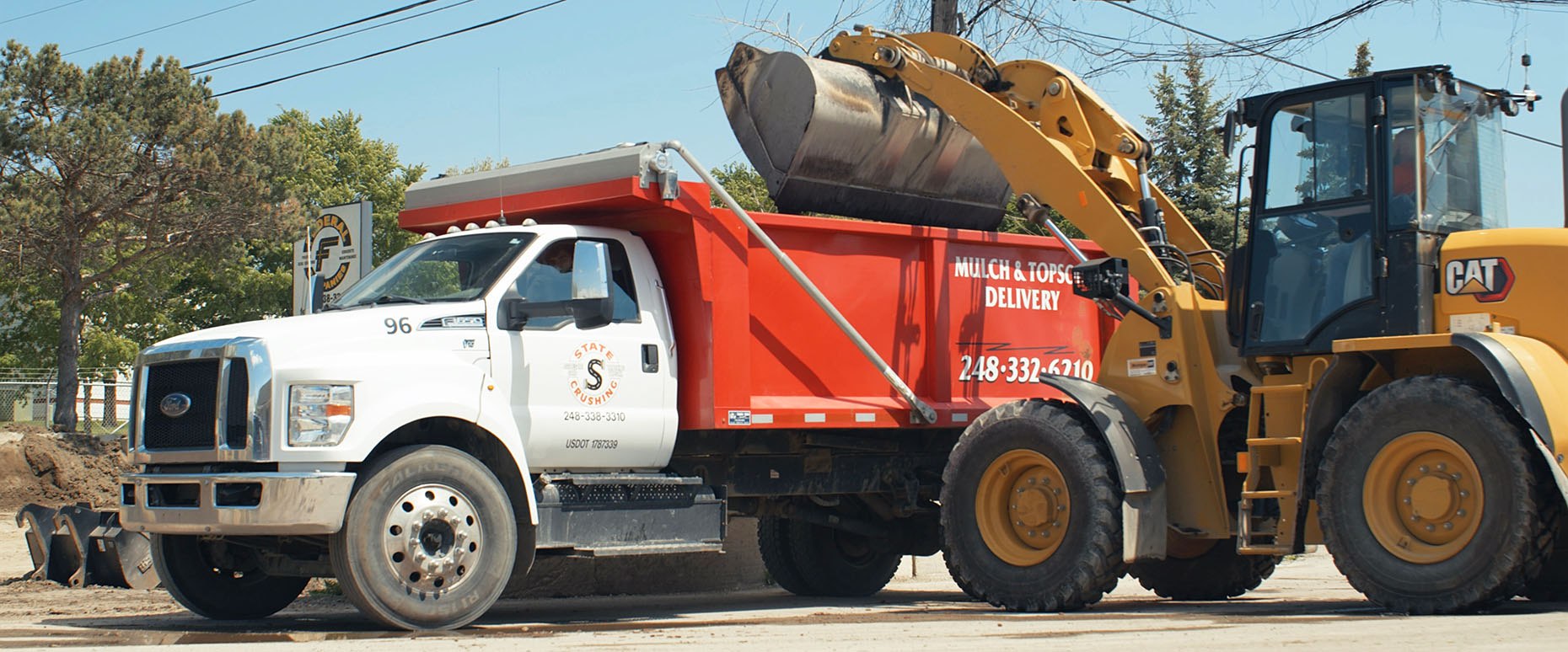
Ordering bulk landscaping materials can be one of the smartest decisions you make for your garden, construction project, or related job. Whether you’re tackling a weekend garden refresh or managing a large-scale commercial site, buying in bulk from our Southeast MI landscaping supply company saves time, reduces waste, and cuts down on cost per unit. But before you place that order, there are a few things worth knowing to ensure you get the right materials in the right quantity—and avoid costly missteps.
Here are 4 major aspects to consider when you’re in need of large amounts of stone, sand, soil, or mulch.
The first step in purchasing any landscaping materials is understanding what the project calls for. Are you creating a new garden bed and need soil for gardening? Building a walkway that requires aggregate stone? Spreading mulch around a commercial property? Each material has a purpose—and selecting the wrong one can affect drainage, plant health, or overall durability.
Buying bulk soil is ideal for filling raised beds or grading your yard, but not all soil is created equal. For planting, you’ll want quality topsoil, rich in organic matter and screened to remove debris. For structural support or leveling, you might need a instead.
If you’re after better moisture retention and weed control, buying bulk mulch makes a lot of sense. Bulk mulch products come in a variety of types—hardwood, cedar, dyed, or natural—each with different benefits and lifespans.
When it comes to patios, walkways, or drainage, buying bulk sand or purchasing aggregate stone is often necessary. can be used to level pavers or improve soil texture, while bulk stone (also called crushed rock or gravel) provides a durable base or decorative touch. If you’re managing a larger area or job site, our commercial landscaping supplies offer heavy-duty options suited for higher traffic and wear.
Estimating how much material you need is where things often get tricky. Too little and you’ll need a second delivery. Too much and you’re stuck with waste—or extra cost. Measure the square footage of the area you’re covering, then calculate based on the depth needed for that material.
For example, mulch is typically spread 2–3 inches deep, topsoil around 6 inches for planting, and gravel bases often range from 3–6 inches thick. Once you’ve got those numbers, our local landscaping supply company can help you convert the total into cubic yards. Don’t stress if the math feels overwhelming—we’re happy to walk you through it.
Delivery is a key part of buying bulk landscaping materials, especially if you’re ordering several cubic yards. You’ll need to think about space: is there room for a dump truck to unload? Will materials need to be staged off to the side? If you’re dealing with larger loads or multiple materials, hiring an aggregate hauler like ours can streamline the process and ensure safe, on-time delivery.
Plan to have your materials delivered close to when you’ll use them. Leaving mulch or soil sitting for weeks can lead to compaction or contamination. Stone and sand are more forgiving, but it’s still wise to avoid unnecessary exposure to the elements.
And if you’re dealing with a site that’s hard to access or has specific delivery time restrictions (like a commercial zone), it’s worth coordinating those details early.
If this is your first time buying in bulk, you’re not alone. Our , helps homeowners, landscapers, and contractors every day with choosing the right materials for their projects, whether that means recommending the best stone for a patio or identifying the right blend of quality topsoil for a garden. Call State Crushing today at (248) 338-3310 or contact us online to request a quote.